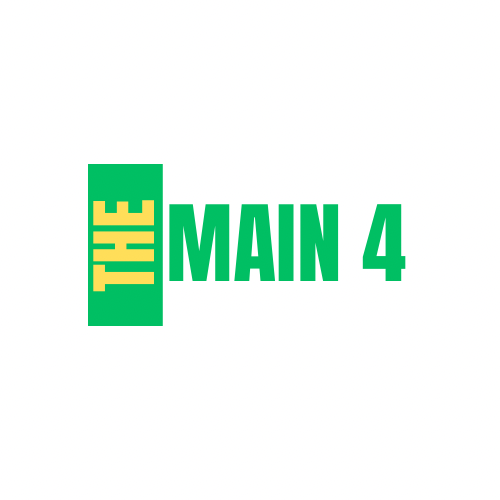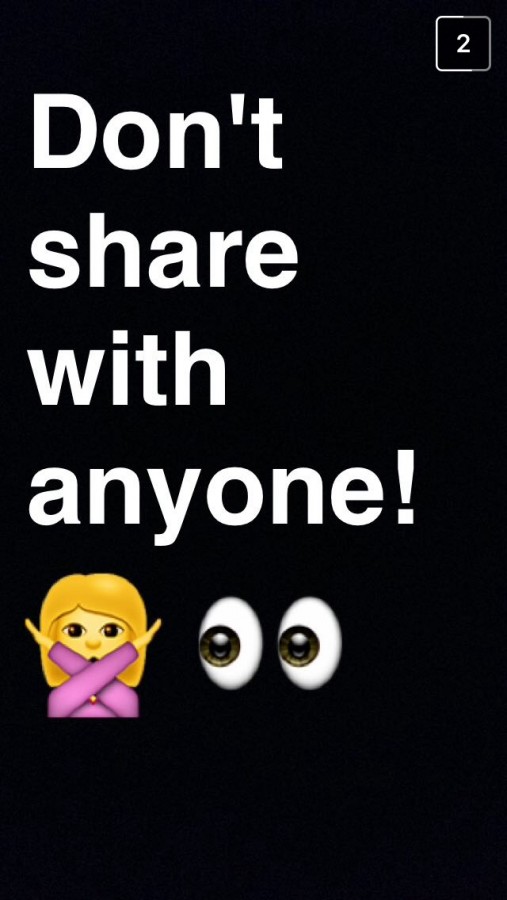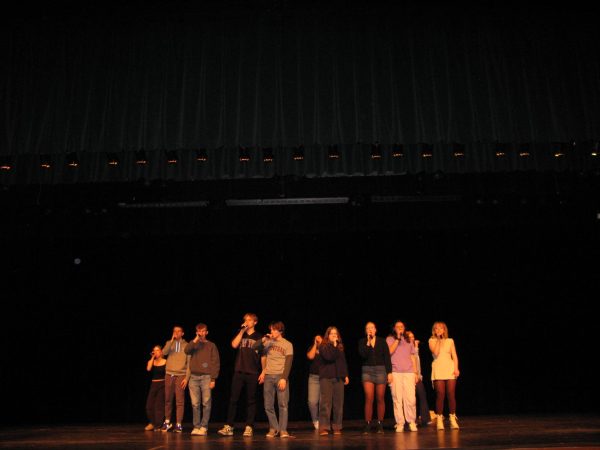Snapchat update causes controversy
On Oct. 28, Snapchat released a update to their immensely popular app that added a few new features, like slow motion, rewind, and fast forward videos, and updated the terms of use for their app. This update also released more than just app changes, it released a flurry of controversy and backlash through the snapchat community and even people who don’t use the app.
Snapchat is a photo sharing messaging app that was first developed by Evan Spiegel, Bobby Murphy, and Reggie Brown when they were students at Stanford University. The app was released to the public in September of 2011.
“I think it was 7th or 8th grade when I first downloaded the app,” junior Brenna Wallentine says. “At first I thought it was really shady and I knew that it can be used in inappropriate ways but most people just used it as a new way to interact.”
Snapchat has skyrocketed in popularity in recent years. According to Snapchat, in May of 2015 users were sending over 2 billion photos or videos a day. As of November 2015 that number has surpassed 6 billion photos or videos a day. According to businessinsider.com, snapchat has approximately 60 million total installs which makes it more popular than most social media apps, including Instagram.
“I use it everyday,” sophomore Jared Osborne says. “ I mainly use it to snapchat my friends and I’ll look at the stories on there if I’m bored.”
Controversy was sparked when people began making and spreading rumors about how in the terms of service of the newest update, Snapchat could allegedly take and store or save photos sent using the app.
Snapchat, however, disagreed with the public’s interpretation of the terms and conditions and quickly released a statement in an effort to calm the many angered app users.
“First off, we want to be crystal clear: The Snaps and Chats you send your friends remain as private today as they were before the update. Our Privacy Policy continues to say—as it did before—that those messages “are automatically deleted from our servers once we detect that they have been viewed or have expired.” Of course, a recipient can always screenshot or save your Snaps or Chats. But the important point is that Snapchat is not—and never has been—stockpiling your private Snaps or Chats. And because we continue to delete them from our servers as soon as they’re read, we could not—and do not—share them with advertisers or business partners.” a Snapchat spokesperson says according to http://blog.snapchat.com.
However crystal clear this may be to them, many people were angered by the rumors of the company possibly keeping and storing their private photos.
“I don’t think it’s okay at all. The big thing with Snapchat is that you send a picture of video, and unless they screenshot it, it’s gone forever,” Osborne says.
However, it should be noted that many apps have similar policies in their terms and conditions. Whether it be accessing location, photos, messages, files, etc., with certain apps the user has very little privacy.
“I think without the user’s consent, it is completely wrong, but if the user accepts the terms and conditions, and therefore gave their consent, then I suppose they aren’t doing anything bad but being nosy,” Wallentine says.
Despite the controversy the fact remains that Snapchat is one of the most popular social media messaging apps and many people will still use it despite the things being said and spread.
“Honestly I don’t care, I don’t send any bad or illegal pictures and I agreed to the terms of service, if it was in there then I agreed to it and they can do it legally,” junior Deven Higgins says.
To read the terms of service, click the link below.









